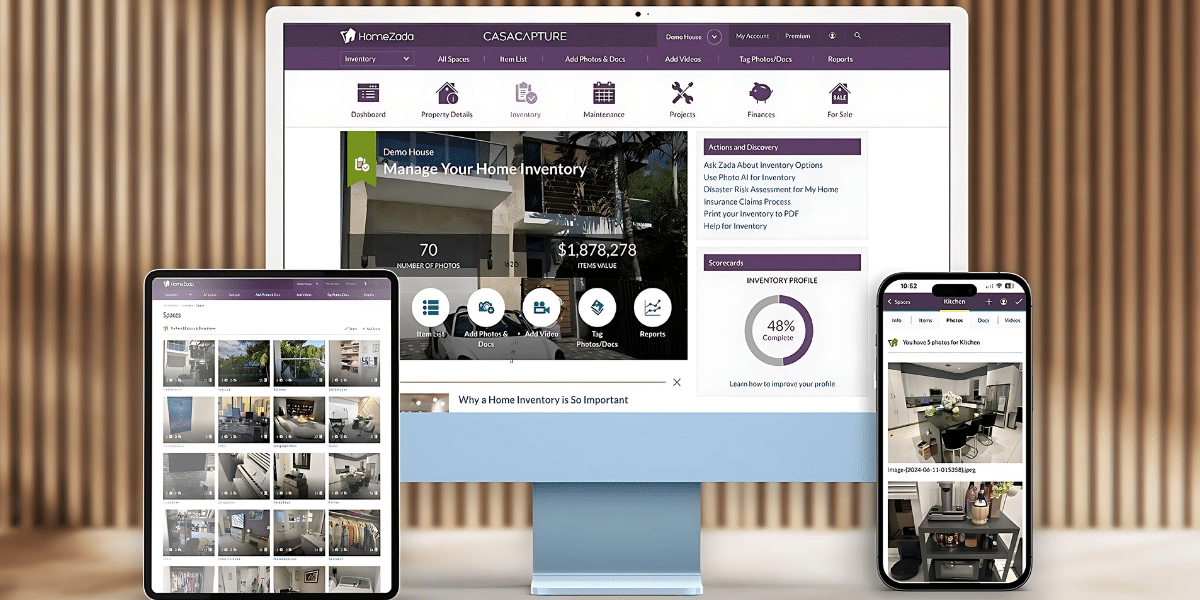Understanding Communication Skills
Effective communication skills are crucial in both personal and professional settings. Whether you are giving a presentation, having a conversation with a friend, or leading a team, your ability to communicate clearly and effectively can significantly impact your success. This article explores various methods to improve both verbal and non-verbal communication skills.
Communication skills encompass the ability to convey information and ideas clearly and effectively. This involves both verbal communication, such as speaking and listening, and non-verbal communication, such as body language, facial expressions, and eye contact. Mastering these skills can enhance your interactions and help you build stronger relationships.
The Importance of Effective Communication
Effective communication is vital for several reasons:
- Improves Relationships: Clear communication fosters trust and understanding, which are essential for strong relationships.
- Enhances Professional Success: Good communication skills are often linked to career advancement and professional success.
- Reduces Conflicts: Effective communication helps prevent misunderstandings and resolve conflicts quickly.
- Increases Confidence: Being able to communicate effectively can boost your self-esteem and confidence in social interactions.
Enhancing Verbal Communication Skills
Verbal communication involves the words you use and how you deliver them. Here are some tips to improve your verbal communication skills:
1. Practice Active Listening
Active listening is a critical component of effective communication. It involves fully concentrating, understanding, and responding to the speaker.
- Give Full Attention: Focus on the speaker and avoid distractions.
- Show Interest: Nod, smile, and use verbal affirmations like “I see” or “I understand” to show you are engaged.
- Ask Questions: Clarify points and ask questions to ensure understanding.
- Paraphrase: Summarize what the speaker has said to confirm your understanding.
2. Improve Your Vocabulary
A robust vocabulary helps you express yourself more clearly and precisely.
- Read Regularly: Reading books, articles, and other materials can expose you to new words and phrases.
- Use a Thesaurus: A thesaurus can help you find synonyms and expand your vocabulary.
- Practice New Words: Incorporate new words into your everyday conversations to reinforce your learning.
3. Be Clear and Concise
Clear and concise communication helps prevent misunderstandings.
- Organize Your Thoughts: Think about what you want to say before you speak.
- Use Simple Language: Avoid jargon and complicated words that might confuse the listener.
- Stay on Topic: Keep your message focused and relevant.
4. Develop Your Public Speaking Skills
Public speaking skills are valuable for presentations and group discussions.
- Practice Regularly: Practice speaking in front of a mirror or record yourself to identify areas for improvement.
- Join a Club: Consider joining a public speaking club like Toastmasters to gain experience and receive feedback.
- Engage Your Audience: Use storytelling, humor, and eye contact to keep your audience engaged.
Enhancing Non-Verbal Communication Skills
Non-verbal communication includes body language, facial expressions, and eye contact. Here are some ways to improve your non-verbal communication skills:
1. Maintain Positive Body Language
Positive body language can enhance your message and make you appear more confident.
- Stand Tall: Good posture conveys confidence and attentiveness.
- Use Open Gestures: Avoid crossing your arms and use open gestures to appear approachable and engaged.
- Mirror the Speaker: Subtly mirroring the speaker’s body language can build rapport and show empathy.
2. Make Eye Contact
Eye contact is essential for building trust and showing interest.
- Maintain Balance: Too much eye contact can be intimidating, while too little can seem disinterested. Aim for a balance.
- Look Around: When speaking to a group, make eye contact with different individuals to include everyone.
3. Use Facial Expressions
Facial expressions can convey emotions and enhance your verbal message.
- Smile: Smiling can make you appear friendly and approachable.
- Match Your Expression: Ensure your facial expressions match the tone of your message to avoid confusion.
4. Pay Attention to Proxemics
Proxemics refers to the use of personal space in communication.
- Respect Personal Space: Be mindful of personal space to avoid making others uncomfortable.
- Adapt to the Situation: Different situations may require different levels of proximity. Adjust accordingly.
Combining Verbal and Non-Verbal Communication
Effective communication often requires a combination of verbal and non-verbal skills. Here are some tips to integrate both:
- Be Consistent: Ensure your verbal and non-verbal messages align. Mixed messages can lead to confusion.
- Practice Empathy: Understand the feelings and perspectives of others to communicate more effectively.
- Seek Feedback: Ask for feedback on your communication skills and make adjustments as needed.
Improving communication skills involves developing both verbal and non-verbal abilities. By practicing active listening, expanding your vocabulary, maintaining positive body language, and making eye contact, you can enhance your overall communication effectiveness. Remember, effective communication is a continuous process that requires ongoing practice and refinement. Start today by applying these tips to your everyday interactions and watch your communication skills improve.









